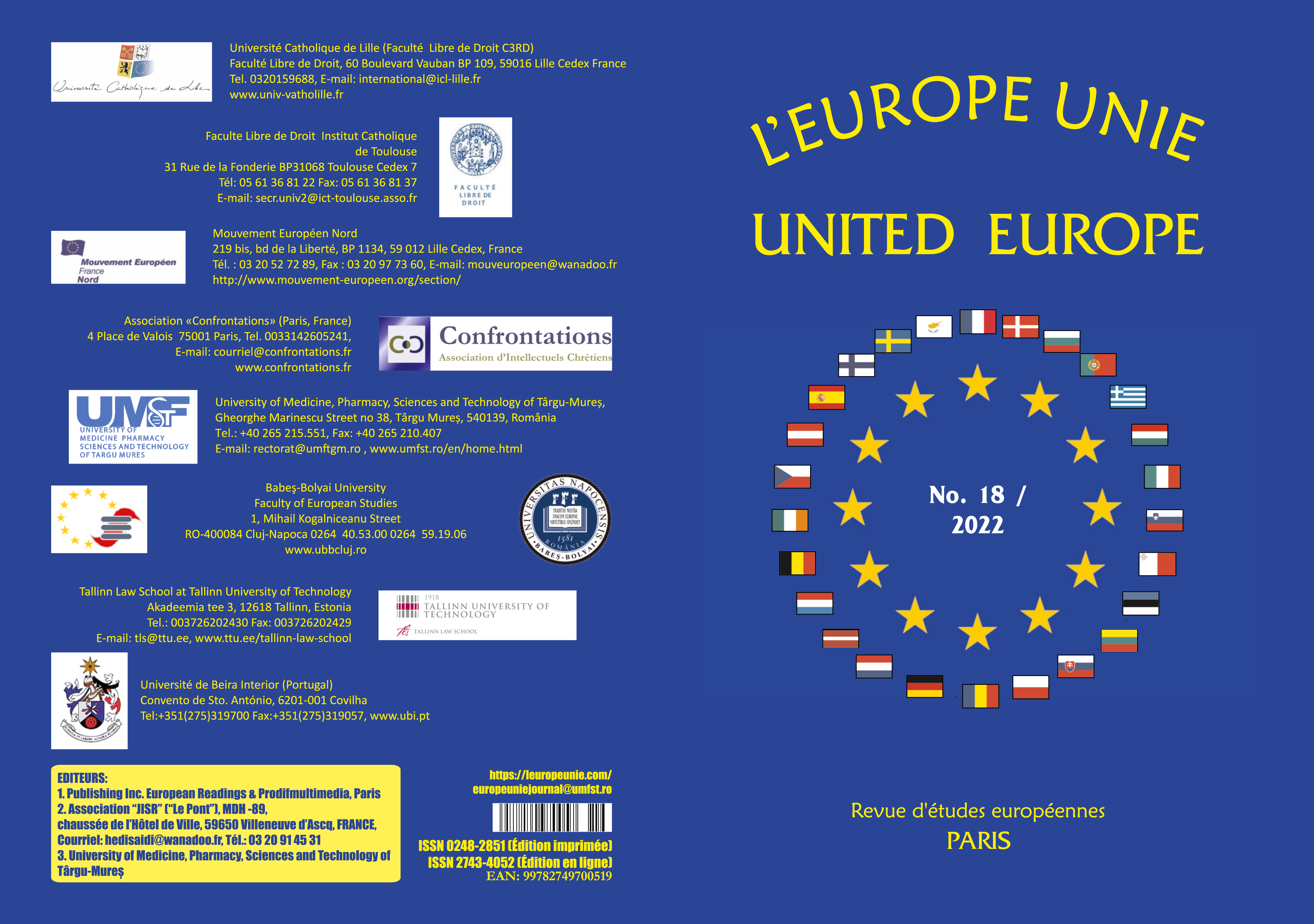Could digital diplomacy help combating disinformation? The impact of Romanian’s Digital diplomacy in the Eastern Partnership countries
Could digital diplomacy help combating disinformation? The impact of Romanian’s Digital diplomacy in the Eastern Partnership countries
Author(s): Radu Carp, Mihaela Daciana Natea, Lucian SăcăleanSubject(s): Public Administration, Diplomatic history, International relations/trade, EU-Approach / EU-Accession / EU-Development, ICT Information and Communications Technologies, Geopolitics
Published by: Publishing Inc. European Readings & Prodifmultimedia/Editura Napoca Star
Keywords: e-diplomacy; digitalization; Eastern Partnership; European Union; OSCE;
Summary/Abstract: Living in the “digital era” to ask ourselves how we communicate is a matter of vital importance for the public dimension, with the acknowledgement that most questions are born in relation to communication methods, the transmission mechanisms of the desired message and the impact that communication strategies have on message recipients, especially in the political-diplomatic environment. If in the private sector the freedom of expression using modern communication means is considerable, in the public institutions case things are drastically different, as they are subjected to various constraints, either political and legislative in nature or related to the peculiarities of their activity. In matters of diplomacy the entire spectrum of sending a message is even more complex, due to the international implications that any act of communication may generate. The study analyses the digital communication policy of the Romanian embassies in the area of the EU Eastern Partnership, respectively in Armenia, Azerbaijan, Belarus, Georgia, Republic of Moldova and Ukraine - OSCE Member states as well. Our analysis had as objective a double dimension, on the one hand the evaluation of the activities promoted on the internet page and in the social media by Romanian embassies in these states and on the other hand the impact of the messages on young people. As a research method for the second part, we have used the interview applied to 80 respondents, in order to estimate the impact and expectations of young people regarding the public communication policy of the Romanian embassies in three countries - Republic of Moldova, Ukraine and Belarus. Starting from this experience we argue that OSCE needs to adapt to the new international realities generated by disinformation and to adopt a more intensive and individual driven communication strategy in order to have a greater impact in its mission.
Journal: L’Europe Unie
- Issue Year: 2022
- Issue No: 18
- Page Range: 30-41
- Page Count: 12
- Language: English

